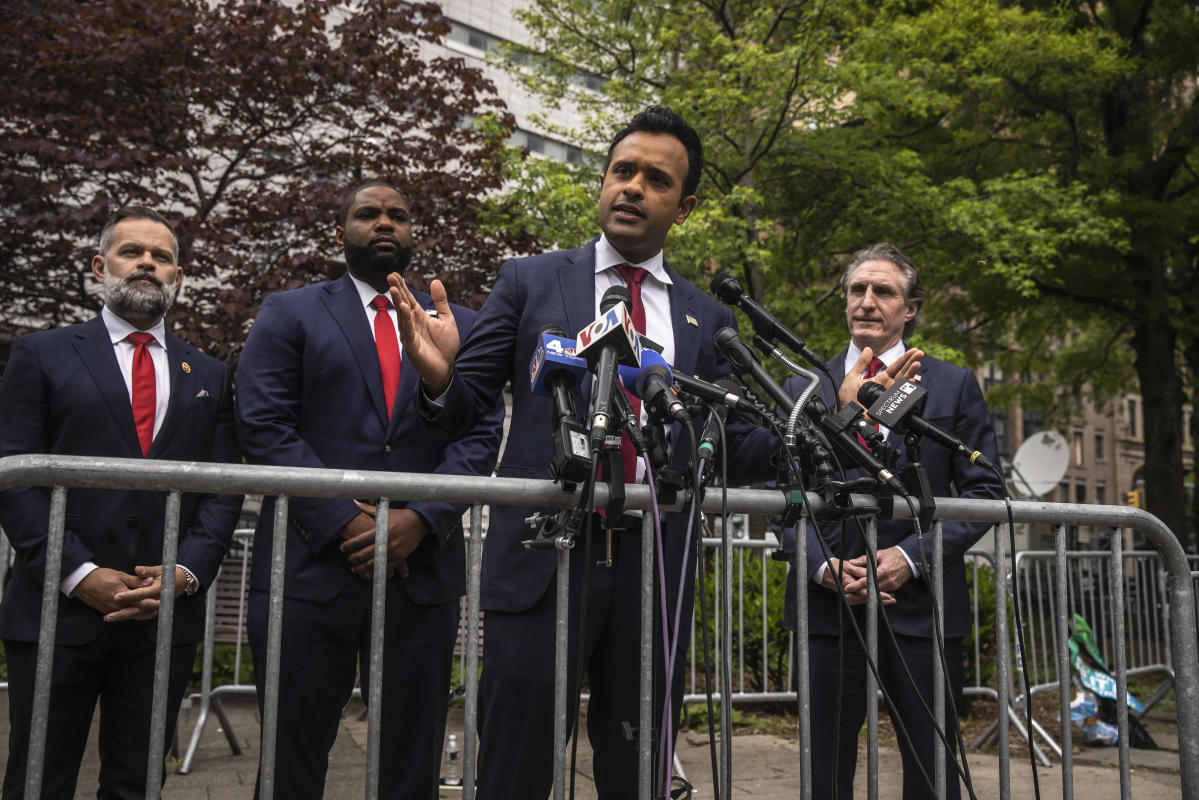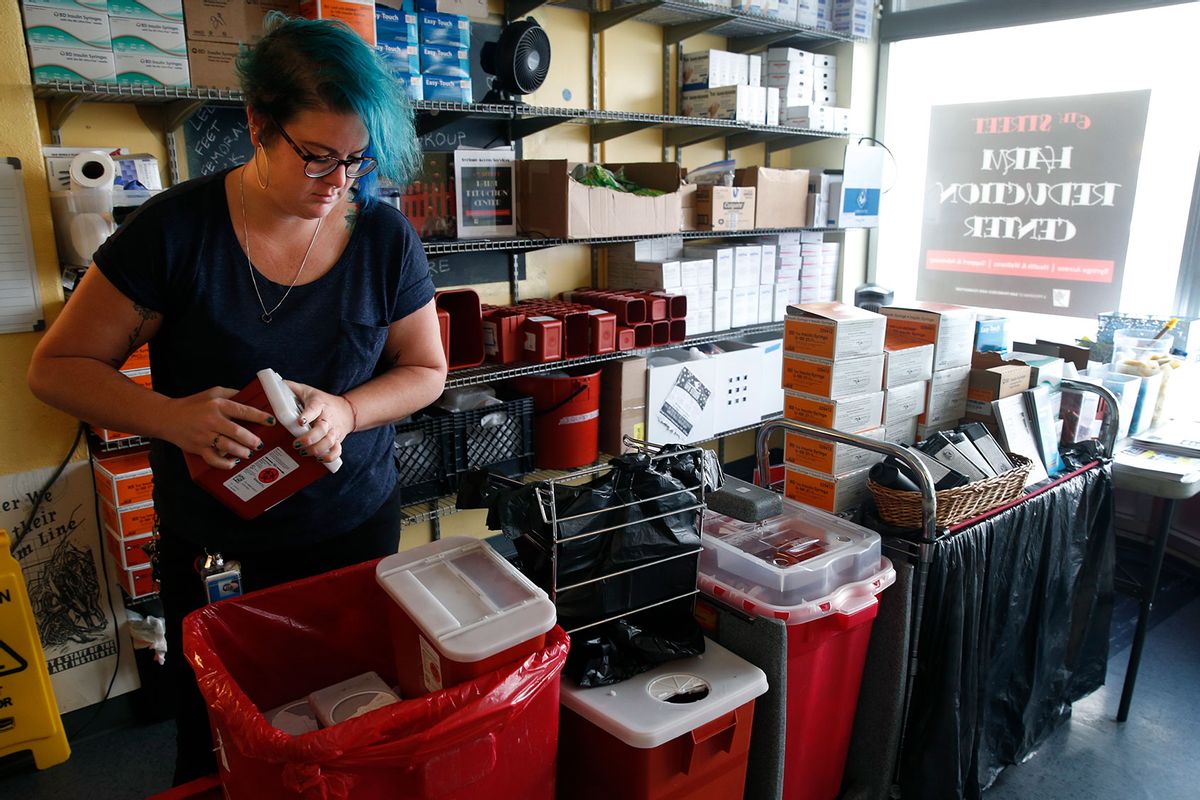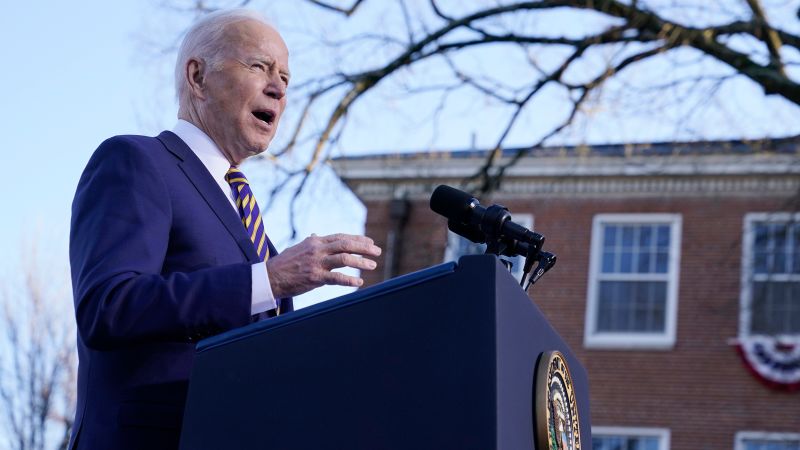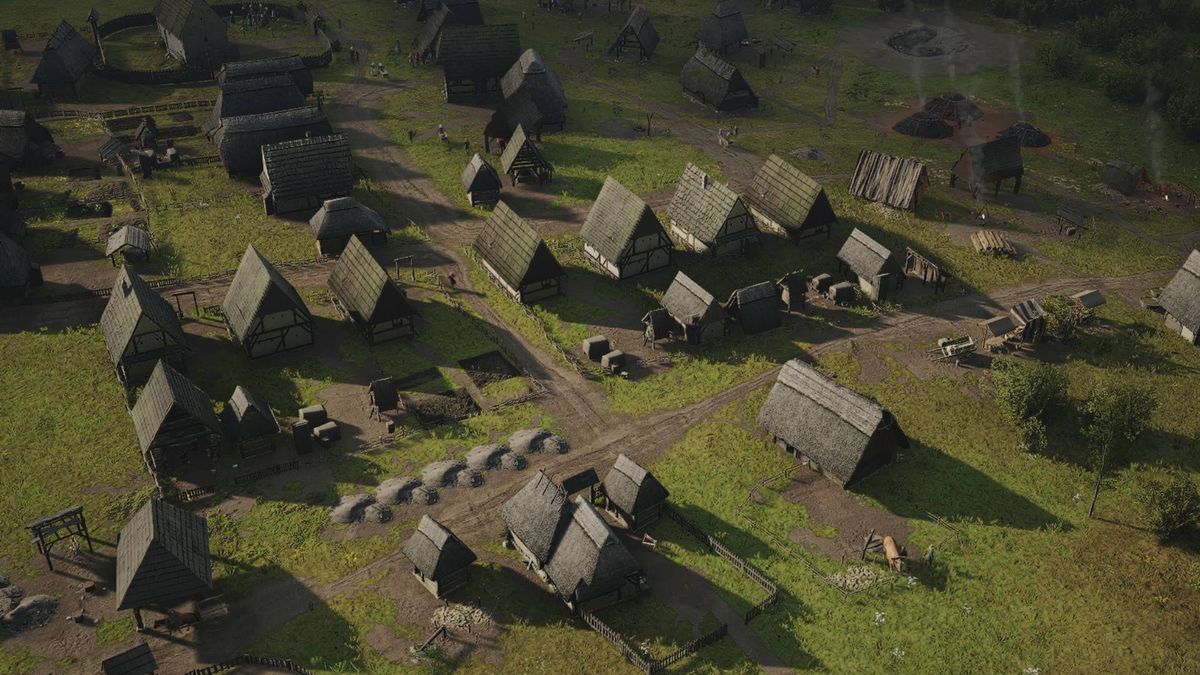MADISON, Wis. — Luke Fickell was direct in his assessment of Wisconsin’s 24-10 loss to Northwestern on Saturday at Camp Randall Stadium. Fickell, clearly frustrated as his first season in charge of the program winds down, used words such as “embarrassing” and “awful” to describe his team’s performance.
“There’s not a single complementary thing right now that we’re doing, and I don’t think we’ve done in the last couple of weeks, to be honest with you,” Fickell said.
Wisconsin is 5-5 (3-4 Big Ten) and simply fighting for a bowl berth — nowhere close to the team that once held championship aspirations and was picked in the preseason as the Big Ten West favorite. The question is: Why has it been so inconsistent?
Here are five theories for what has happened this season:
Play calling and scheme don’t fit
Offensive coordinator Phil Longo put up big numbers in his previous stops, including at Ole Miss and North Carolina. Longo expressed confidence that players would adapt quickly to his system, citing the success he had in his first season at FCS program Sam Houston after the previous staff ran the triple-option. But this season at Wisconsin has been well below anyone’s standards. The Badgers are averaging 22.2 points per game, which is the fewest for the program since 2004. They didn’t score a touchdown in a game for the first time in three years.
Longo has talked on multiple occasions about letting the talent dictate where he goes with the offense. But he hasn’t seemed to be able to find the recipe for success. Wisconsin hasn’t consistently passed or run the ball effectively. Wisconsin’s offensive line hasn’t been better in this system compared with the previous one. Fickell, when asked after the Northwestern game about how much a lack of identity had hurt the team on both sides of the ball, said this:
“I think offensively it’s hurting us. We’re trying to find a way to have some balance, which right now we have none. There are things you want to do and there are things that all of a sudden you recognize you can’t do. And it makes it really difficult when you have this vision of what your identity wants to be. But as you get into it, you start to recognize that I don’t know that you can do that. So we’ve got to do a better job of being able to adjust whatever that identity is and find ways to win football games right now.”
GO DEEPER
‘That’s embarrassing’: Wisconsin season quickly turning into a nightmare
That felt like a pretty damning statement about what we’re seeing from Wisconsin’s offense. I think about Wisconsin’s fourth-and-1 play at the Iowa 13-yard line when the Badgers ran a play from under center for just the third time this season. Despite having four tight ends in the game, nobody blocked preseason All-American cornerback Cooper DeJean, who came off the edge to drop running back Braelon Allen for a 1-yard loss.
Wisconsin isn’t very good at the things it used to excel in, but the Badgers also don’t seem to be particularly good at performing the types of changes Longo wants to implement. In that same game, Wisconsin faced a third-and-2 at its own 14-yard line. Longo had quarterback Braedyn Locke — in the game as a backup due to Tanner Mordecai’s injury — fielding a shotgun snap with an empty backfield and five wide receivers. Locke threw a pass that smacked off Iowa defensive end Joe Evans’ helmet and fell incomplete. There was never even any threat of a run.
Longo has preached consistent success over the long haul. It’s easy to play armchair quarterback with missed opportunities, but too often it seems as though Wisconsin is fighting an uphill battle. Was passing the ball 50 times — only eight of which came on the last possession with the Badgers actually trailing by two possessions — the best way to beat Iowa? Coaches have talked about viewing balance in terms of yardage rather than a 50-50 run-pass ratio. But there hasn’t been much balance or success for most of this season.
Personnel isn’t good enough
Fickell made his expectations clear after Wisconsin lost at Washington State in Week 2 by saying he wasn’t going to blame what happened on the fact this was the first year for a new offense and defense.
“The reality is we have enough talent to win,” he said then. “We can play well enough to win. And I don’t think that anything should hold us back.”
Ten games into the season, however, it seems clear Wisconsin isn’t talented enough to compete for the championships this program is seeking. Many of the players who still form the backbone of this team have been part of a run of disappointing seasons. Since the start of the 2020 season, Wisconsin is now just 25-18 overall and 16-15 in the Big Ten.
Wisconsin’s tight ends group has caught a total of 10 passes for 77 yards with a touchdown over the last seven games. A much-hyped wide receivers group has largely been underwhelming outside of Cincinnati transfer Will Pauling. The offensive line isn’t playing anywhere close to the level Badgers fans have come to expect. Left tackle Jack Nelson, an NFL Draft prospect, has been penalized a Big Ten-high 12 times this season, including three times against Northwestern on Saturday. And the Badgers don’t seem to have reserves playing at a high enough level to push for playing time because the same five starters continue to take the field. Mordecai, who delivered big numbers as a two-year starter at SMU, has just three touchdown passes on 145 throws.
Wisconsin’s defense, meanwhile, might rank in the top 25 nationally in scoring defense (19.6 points per game) and other categories, but that isn’t indicative of the problems they’ve experienced. James Thompson Jr. is the only defensive lineman with more than one sack, the inside linebackers have struggled with speed off the edges and defensive backs have been burned for big plays on multiple occasions — including for two touchdowns against Northwestern.
Wisconsin was active in the transfer portal this offseason, bringing in 15 scholarship transfers. Some have been stalwarts in the lineup, with cornerback Nyzier Fourqurean earning a starting role, as well as slot corner Jason Maitre, wide receiver Bryson Green, kicker Nathanial Vakos, offensive lineman Joe Huber, Mordecai and Pauling. But it hasn’t been enough to lift Wisconsin. The Badgers likely are going to have to turn to the portal for significant positional upgrades again this offseason, though this year has been instructive in the fact it doesn’t provide sure-fire results.
Injuries have derailed progress
It’s not as though Wisconsin looked great with a healthier team early in the season. The Badgers lost at Washington State, led Buffalo 14-10 at halftime and were tied 7-7 at halftime against Georgia Southern. But if we’re exploring all the possibilities about why things have gone wrong, then ailments to key players have to be a part of the equation as well.
Would this season have been different if Chez Mellusi and Braelon Allen were able to stay healthy? Mellusi, whom Longo called “arguably our most explosive player,” scored touchdowns in each of his first three games before he suffered a broken left leg against Purdue. He certainly looked like the perfect fit for Longo’s system because of his speed, shiftiness and power, and the Badgers lost something both on the field and within the team when he went out.
Allen ran hard and effectively without Mellusi, averaging at least 4.8 yards per carry over the next month. But he suffered a left ankle injury against Ohio State that forced him to miss the Indiana game and limited him to three carries against Northwestern. Wisconsin’s third- and fourth-string running backs, Jackson Acker and Cade Yacamelli, are not at the level of the team’s top two, and it has shown.
Mordecai’s breaking his right hand against Iowa didn’t help, as Locke completed just 50 percent of his passes in Mordecai’s place. Wisconsin’s tight ends were decimated by the losses of Jack Eschenbach and Clay Cundiff, who retired for medical reasons, as well as the departure of Jack Pugh for personal reasons. Riley Nowakowski missed time early in the season with a foot injury.
Center Jake Renfro, a projected starter in the spring, hasn’t played a snap all season. If Renfro didn’t suffer a pair of injuries, perhaps his insertion into the lineup could have at least allowed Tanor Bortolini to remain at guard and make Wisconsin better on the interior. Coaches haven’t wanted to make wholesale changes on the O-line now that Renfro has been cleared to return. There have also been some personnel issues on defense, with defensive lineman Isaiah Mullens out this season and Air Force transfer Michael Mack II having his waiver to immediately play denied by the NCAA.
Coaching needs improvement
Safety Hunter Wohler provided one of the more impassioned postgame interview sessions in a long time after the Northwestern loss, calling out the team for being soft, flat and possessing zero energy. He refused to blame coaches by saying that nothing they could have done in preparation would have changed the outcome of the game. But it’s the responsibility of the coaching staff, beginning with Fickell, to ensure the players are prepared. Fickell took responsibility for Wisconsin’s loss against Northwestern, when the Wildcats scored touchdowns on each of their first three possessions and put the game away.
“That’s embarrassing, and I take the blame of it and not having guys ready, and not at any phase of the game,” Fickell said.
Fickell himself has made some decisions during games that came back to bite Wisconsin. Against Northwestern, he opted to punt on fourth-and-3 at the Northwestern 42-yard line early in the second quarter because he didn’t want to put his struggling defense in a bad situation (which also says a lot about how he views the offense’s ability to execute). So, Wisconsin punted and Northwestern went right down the field and scored a touchdown to take a 21-3 lead.
During the Indiana game, he opted not to try a pair of 50-plus-yard field goals because kicker Nathanial Vakos wasn’t fully healthy. Backup Nate Van Zelst, who made a 47-yarder in the Guaranteed Rate Bowl last season, did not go in the game. Wisconsin opted to punt once and turned the ball over on downs on another possession in a game decided by 6 points.
Every coach wants some decisions back at the end of the year, and Fickell presumably is no different. The bigger question as the offseason approaches is whether he’ll consider making any changes to his staff if Wisconsin closes out the year in the same stagnant fashion.
Neither the offense nor the defense has played at a consistent enough level to feel overly confident about the future. Wisconsin’s defense, for example, ranks 79th nationally in third-down conversion defense after watching Northwestern convert its first 10 third-down opportunities. That’s the worst mark for the program since at least 2009. Wisconsin ranked in the top five nationally in that category seven times over the previous 11 years.
GO DEEPER
Wisconsin takeaways: After Badgers hit new low vs. Northwestern, will they make a bowl?
Team chemistry concerns
Here’s one I didn’t think would be a major talking point this season but clearly is after the Northwestern loss. Fickell and multiple players talked about determining who wants to be a part of the program and who doesn’t. Have players tuned out Fickell’s messaging already?
“I think there’s some people that are bought in, and we need to get everybody,” Wohler said. “This game doesn’t happen with one or two people. It happens with a full team. Whether you play, whether you start on Saturdays or whether you’re running scout team during the week, it takes everybody. Clearly, we don’t have everyone on the same page.”
Wohler said he has seen a lack of effort and care on the part of some players and accepted responsibility as a team leader for not calling them out. It’s difficult to know exactly who he might be referring to. With the increase in transfer portal activity each season, teams are going to look more different than ever from year to year, and jelling is a critical and perhaps overlooked component to success. Asked how he would learn who wanted to still be with the program, Fickell responded: “We’ll find out this week.”
“We’ve hit rock bottom right now,” Wohler said. “And when you hit rock bottom, you take a long, hard look at yourself.”
(Top photo: Mark Hoffman / USA Today)

Daniel Miller is a sports fanatic who lives and breathes athletics. His coverage spans from major league championships to local sports events, delivering up-to-the-minute updates and in-depth analysis for sports enthusiasts.








